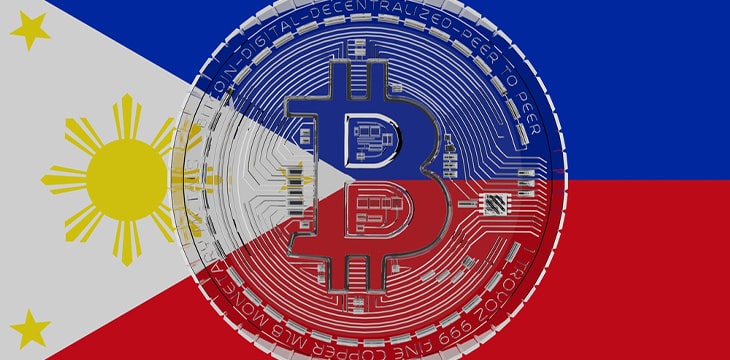|
Getting your Trinity Audio player ready...
|
Bangko Sentral ng Pilipinas (BSP) has seized the opportunity of FTX’s collapse to draw attention to the risks involved in investing in digital assets. In a conversation with the Philippine Daily Inquirer, BSP Governor Felipe Medalla confirmed his earlier stance on virtual currencies, stating that they pose significant risks to investors.
“I have already said many times in the past that crypto assets are very risky and those who invest are advised to invest only what they can afford to lose,” Medalla said.
Shortly after being appointed BSP governor, Medalla argued that digital assets leveraged the “greater fool theory” to remain afloat. Under the greater fool theory, investors keep buying overvalued assets with the belief that someone will always be keen on purchasing them for a higher amount.
Medalla also cast aspersions on using the asset in payments over its extreme volatility. Furthermore, he took swipes at them regarding the environmental impact it has, especially protocols using the proof-of-work (POW) consensus mechanism. Despite his tough stance, Medalla noted that virtual currencies might come in handy in jurisdictions where citizens are economically repressed.
“In the case of BTC, it’s also bad for the environment because the amount of electricity that the miners use is bigger than the electric consumption of some countries. So what is its saving grace? Its saving grace is that in countries with so much financial and economic repression, it’s a good thing because, in countries with terrible financial systems and so on, it’s an alternative to the government,” Medalla expressed.
The reiteration of his previous comments is coming on the heels of Sam Bankman-Fried’s FTX collapse and the ripple effect that it threatens to have on the broader ecosystem. Thousands of investors are staring at the grim possibility of losing their funds, while several firms in the industry have announced layoffs to ensure their long-term survival.
The Philippines has no plans to ban digital assets
For all its criticisms of virtual currencies, the BSP has no plans to impose a blanket ban. However, it is considering the option of an improved regulatory framework to guide the activities of industry participants.
Part of its attempts at regulation includes halting the registration of new digital asset firms in the country for three years. The pause on registration kicked in on September 1 and will allow the BSP to conduct a reassessment based on market development, according to a released memo.
Digital asset usage in the Philippines has soared to new highs with Web 3 gaming, non-fungible tokens (NFTs), and the metaverse championing the adoption. Several studies have also pointed out their usage in remittances as a reason for the increasing usage in the Southeast Asian country.
Watch: The BSV Global Blockchain Convention panel, Law & Order: Regulatory Compliance for Blockchain & Digital Assets

 02-20-2026
02-20-2026 




